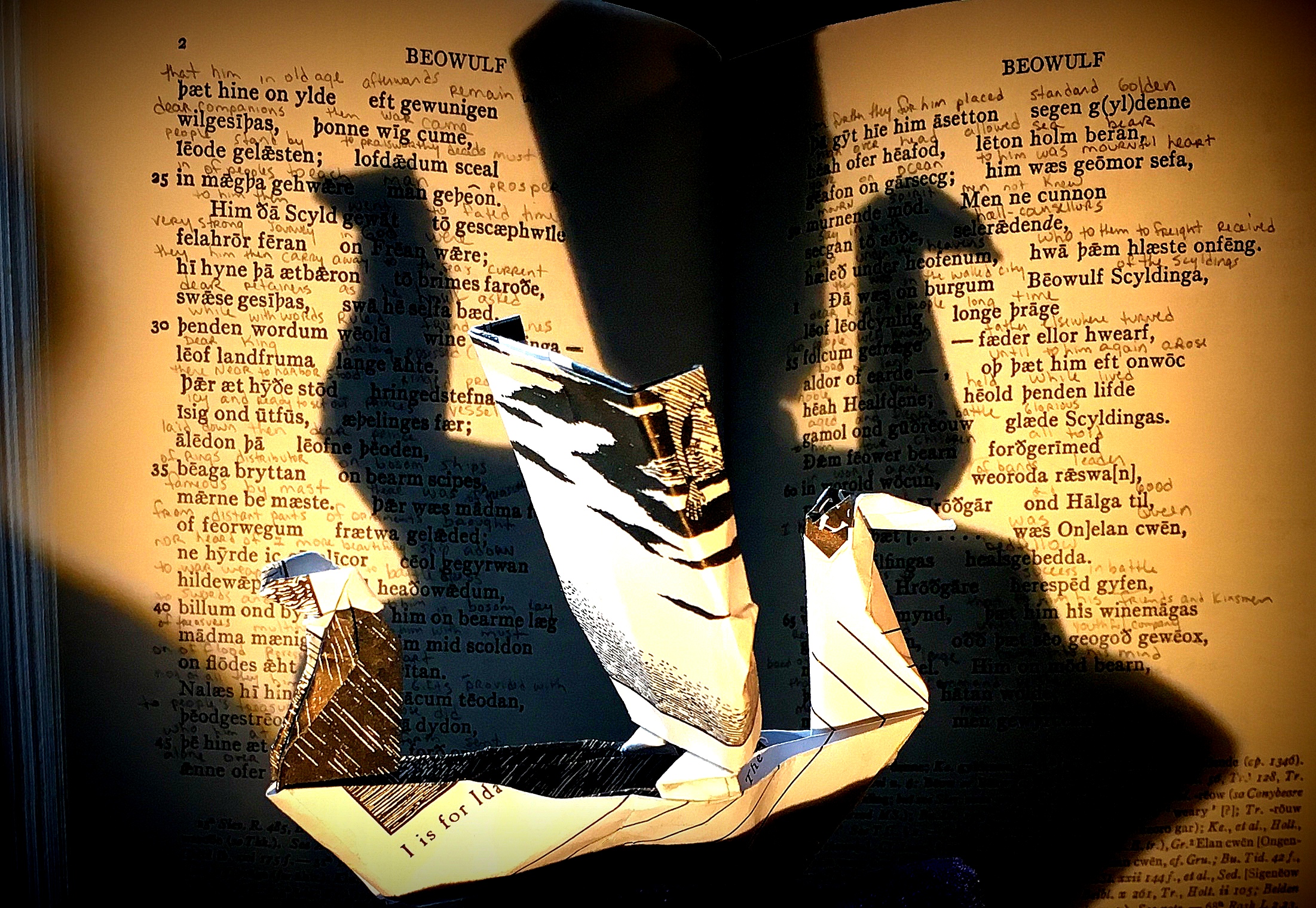 To them then Scyld went, at the fated time, on a journey full of exploits, to God. Then they carried him away to the surf on the shore, his beloved companions, as he himself asked, while he ruled with words, friend of the Scyldings. The beloved first of his land long had possession. There near to harbor stood a ringed prow, icy and ready to set out, a prince’s vessel. Then laid down the beloved chief, the giver of rings, on the ship’s bosom famous by its mast. Of treasure there was much, ornaments brought from distant parts. I had not heard of a ship more beautifully adorned with war weapons and battle dress, with blades and armor. For him, on his body lay a multitude of treasures, that with him must into the flood’s possession, far depart. They provided him with no lesser gifts than the people’s treasures, then those did, who at his … More
To them then Scyld went, at the fated time, on a journey full of exploits, to God. Then they carried him away to the surf on the shore, his beloved companions, as he himself asked, while he ruled with words, friend of the Scyldings. The beloved first of his land long had possession. There near to harbor stood a ringed prow, icy and ready to set out, a prince’s vessel. Then laid down the beloved chief, the giver of rings, on the ship’s bosom famous by its mast. Of treasure there was much, ornaments brought from distant parts. I had not heard of a ship more beautifully adorned with war weapons and battle dress, with blades and armor. For him, on his body lay a multitude of treasures, that with him must into the flood’s possession, far depart. They provided him with no lesser gifts than the people’s treasures, then those did, who at his … More
Tag Archives: Death
Translating Ear
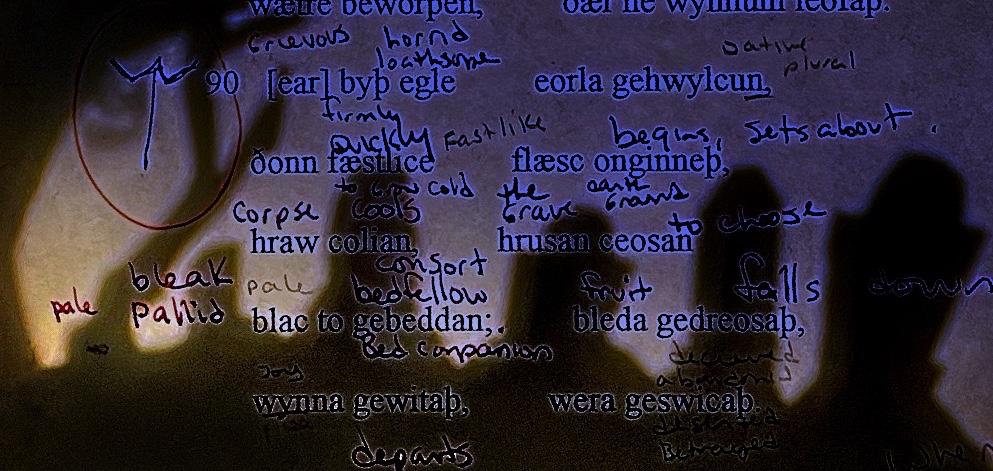 Old English uses very few words at a time, but in all the minimalism there’s a massive amount of meaning: often multiple meanings of the same word are intended, black is sometimes white, and frequently there’s a pun in there somewhere. To translate Old English we need to use more words than the original, and still it’s difficult to pack all that meaning back in. Translation fills graveyards of context and nuance, left behind to grow cold. What is lost by gaining? What do we kill dead? Alliteration and meter, the music makers of language. The beat, deceased, sounds abandoned. Look at this:
Old English uses very few words at a time, but in all the minimalism there’s a massive amount of meaning: often multiple meanings of the same word are intended, black is sometimes white, and frequently there’s a pun in there somewhere. To translate Old English we need to use more words than the original, and still it’s difficult to pack all that meaning back in. Translation fills graveyards of context and nuance, left behind to grow cold. What is lost by gaining? What do we kill dead? Alliteration and meter, the music makers of language. The beat, deceased, sounds abandoned. Look at this:
blac to gebeddan bleda gedreosaþ
Now say it:
black to yeh-bed-an blea-da yeh-dre-o-sath
There’s some sound in it, listen. Alliteration and beat. Three repetitions of B making a beat and there’s a pause in the middle: two parts sung as one statement. Or a call and response. Old English poetry has a … More
How to Dig my Grave
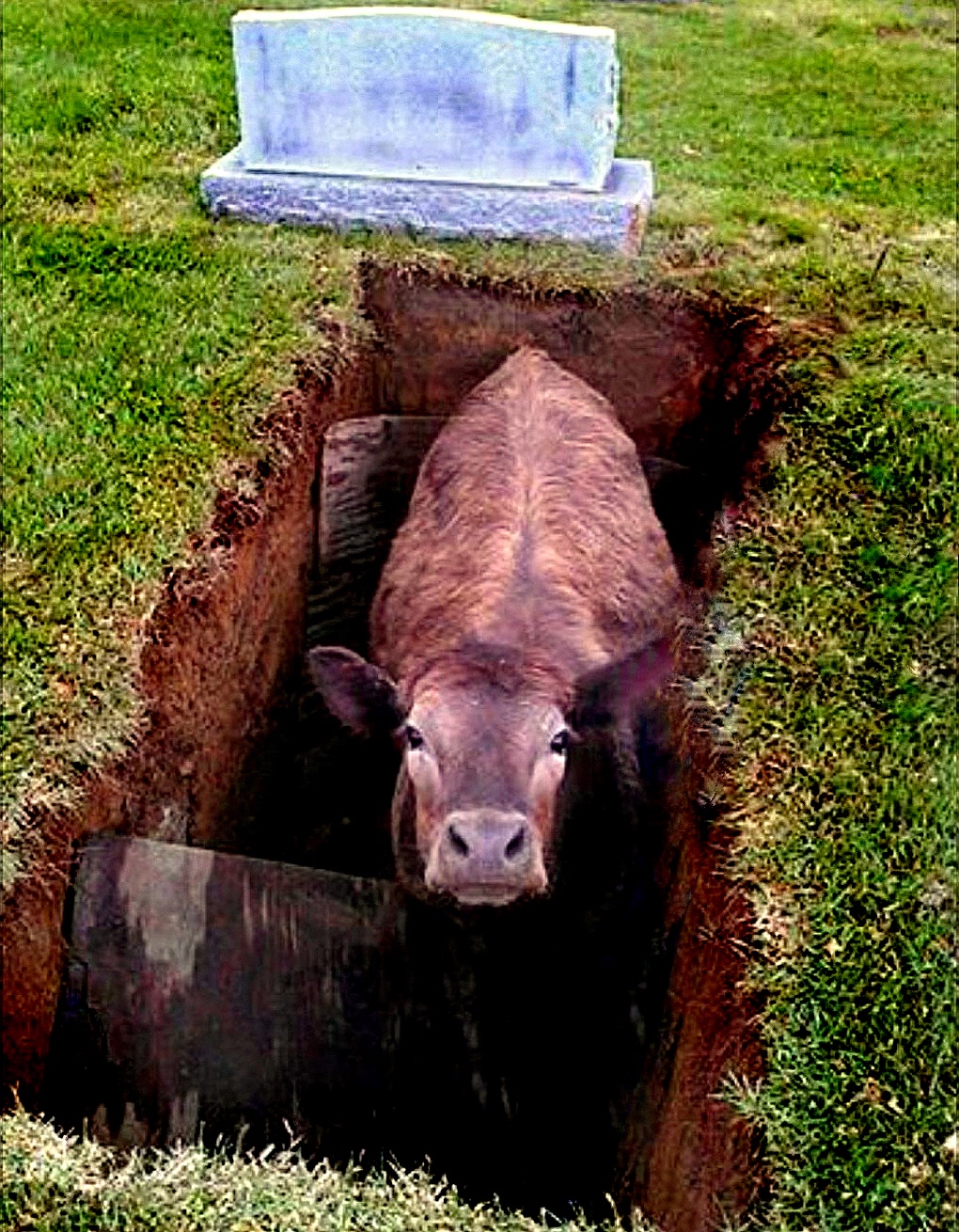 Source a location. Ask yourself, why are you digging my grave? Have you recently murdered me or have I died of natural causes? If murder, you must source both a grave site and a hiding place.
Source a location. Ask yourself, why are you digging my grave? Have you recently murdered me or have I died of natural causes? If murder, you must source both a grave site and a hiding place.
Ascertain the time of year. If the ground is wet, you must find higher ground or you will end up digging not a grave but a small pond as you will surely run into ground water. If the ground is frozen your job will be much more difficult. Best time to dig my grave: summer.
Determine if you will be putting me in a box or will I be wrapped in a blanket or tarp of some sort? Will I have any covering? I am five and a half feet tall, so if using a box you will need to acomodate my height, unless you bury me in a crumpled fashion, then consider my width. A tarp will be … More
EA is for Death
 We die and we know it beforehand. We have a birth and we have a death, beginning to end: time is a line. We have patterns that change, the sun, the moon, the seasons, plants grow and then die and come back again: time is a circle. You. Look at yourself. Reading this, thinking stuff, remembering things, connecting thoughts, noticing surroundings, all in the changing now: time is phenomenal flux. You know this already like muscle memory because you experience it with your body: time is sensory perception. Death is a passage to another existence similar to this one except it goes on forever: time is endless duration. Something or someone or several someones made us and set us into a finite time line, but their world is eternal and non-linear: time is the distinction between creator and creature. There is no creator, eternality resides inside us, was never born and will never die: … More
We die and we know it beforehand. We have a birth and we have a death, beginning to end: time is a line. We have patterns that change, the sun, the moon, the seasons, plants grow and then die and come back again: time is a circle. You. Look at yourself. Reading this, thinking stuff, remembering things, connecting thoughts, noticing surroundings, all in the changing now: time is phenomenal flux. You know this already like muscle memory because you experience it with your body: time is sensory perception. Death is a passage to another existence similar to this one except it goes on forever: time is endless duration. Something or someone or several someones made us and set us into a finite time line, but their world is eternal and non-linear: time is the distinction between creator and creature. There is no creator, eternality resides inside us, was never born and will never die: … More
How to Die
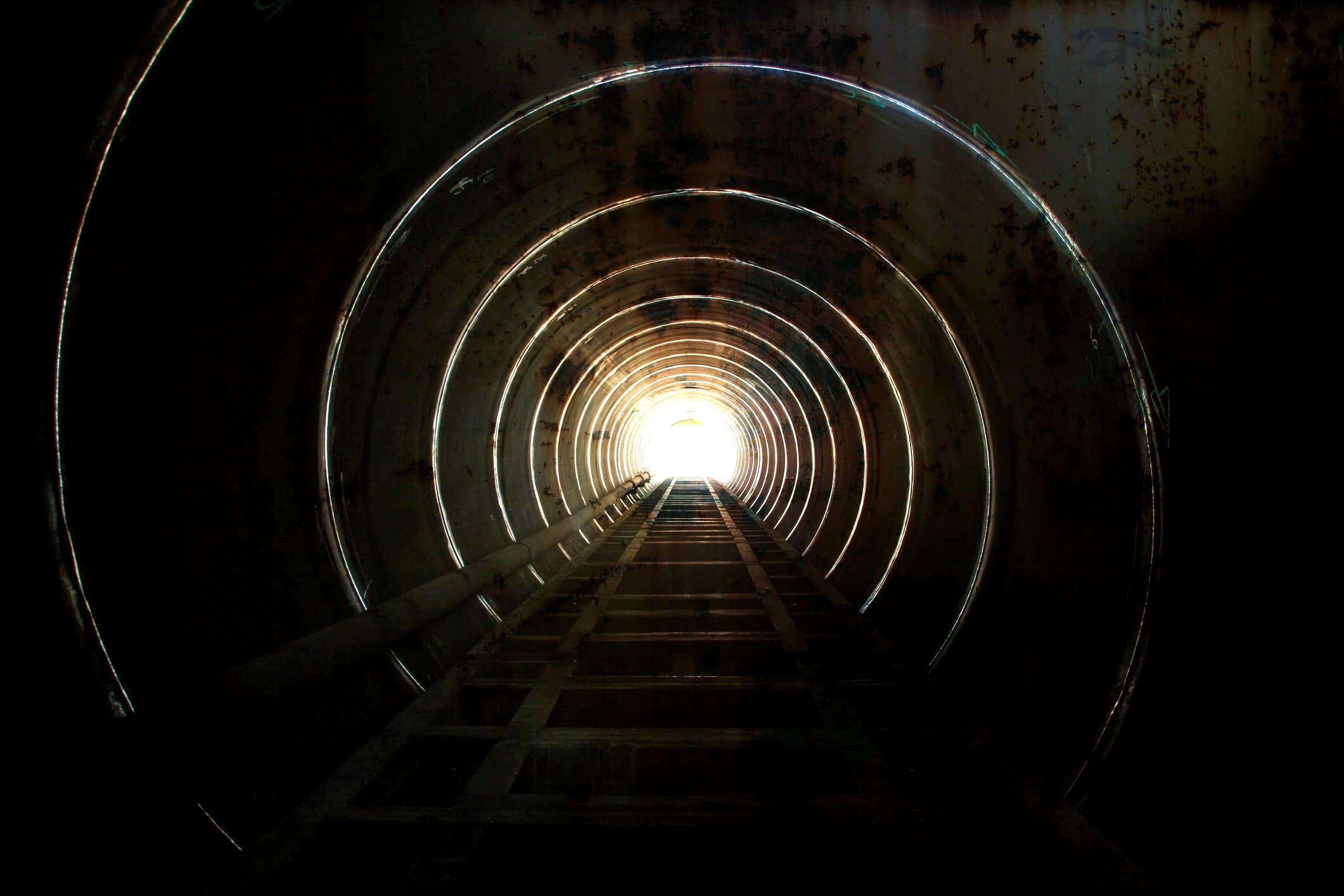 First, you must find a reason not to live. There exists uncountable reasons but you must choose at least one and try to make it as ineffable as possible so the people you leave behind may feel suitably at a loss for words when they find you. An added benefit: it will be easier for the people who attend your wake, interment, scattering of the ashes, memorial service, whatever it is it will be none of your business, to speak in hushed and reverent tones if they find themselves capable of speaking at all. Amongst the reasons not to live you might choose: you are suffering from progressive melancholia; by ceasing to exist you will bring your existence to the attention of the person who barely knows you exist, though you maintain a unique awareness of said person’s existence; pondering the great nothingness of everythingness has inverted your thoughts into a perpetual retrospective arrangement.… More
First, you must find a reason not to live. There exists uncountable reasons but you must choose at least one and try to make it as ineffable as possible so the people you leave behind may feel suitably at a loss for words when they find you. An added benefit: it will be easier for the people who attend your wake, interment, scattering of the ashes, memorial service, whatever it is it will be none of your business, to speak in hushed and reverent tones if they find themselves capable of speaking at all. Amongst the reasons not to live you might choose: you are suffering from progressive melancholia; by ceasing to exist you will bring your existence to the attention of the person who barely knows you exist, though you maintain a unique awareness of said person’s existence; pondering the great nothingness of everythingness has inverted your thoughts into a perpetual retrospective arrangement.… More
Rune Casting: Ear
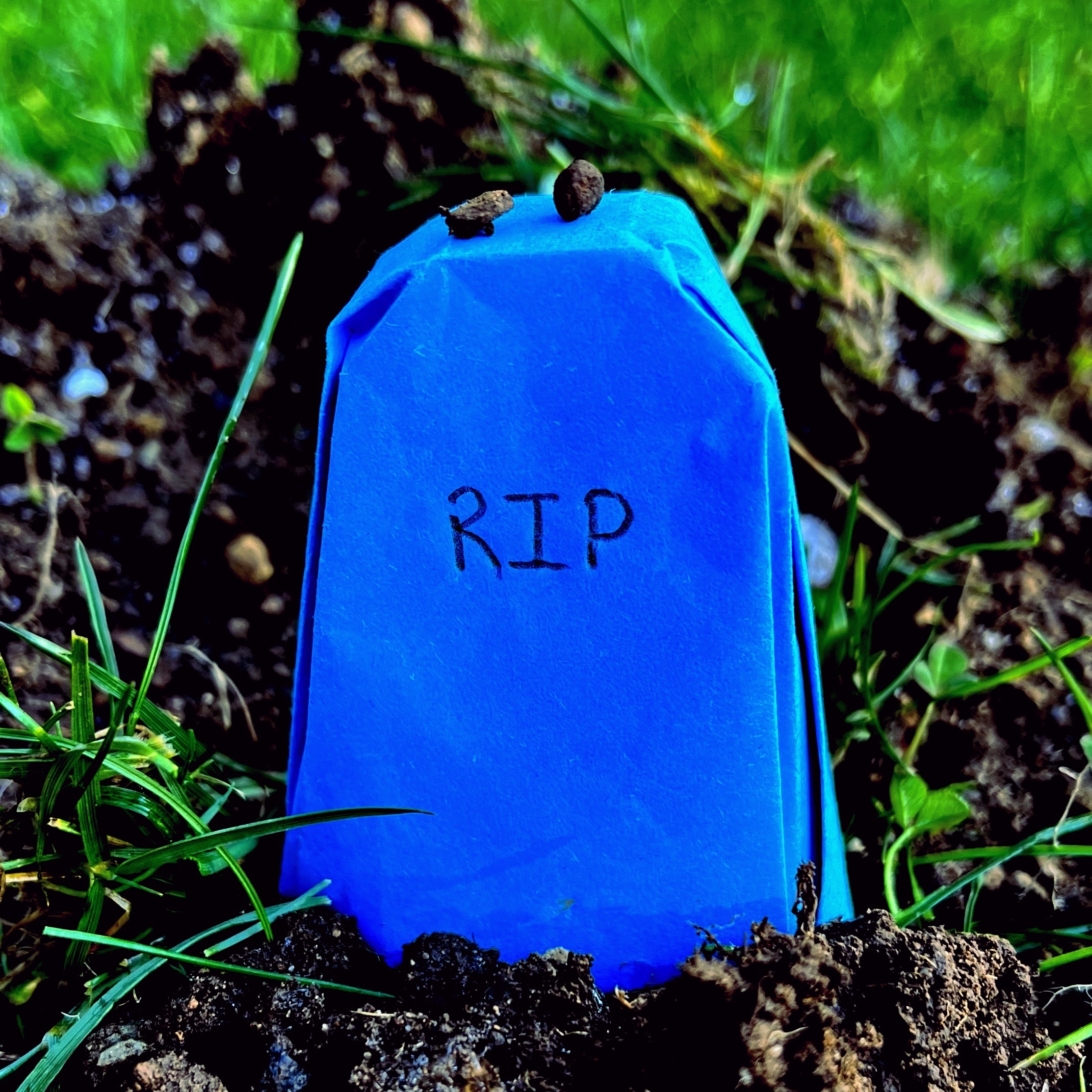 Tell me your future. Tell me, what do you hope will happen before you’re dead? And what is it you are afraid of? Never mind. Doesn’t matter what. The future is not in the what, it’s in the hope and the fear that you hold now, in the present. Whatever it is coming to you, or coming for you, is happening now. In here. In your mind. There is no other future. Well, there is the one thing that is going to happen, Ear says it for sure. It’s coming to you and it’s coming for you. You’ve got it coming. You’ll choose the earth as your consort and sleep together forever. Everything is temporary, except that. That’s carved in stone.
Tell me your future. Tell me, what do you hope will happen before you’re dead? And what is it you are afraid of? Never mind. Doesn’t matter what. The future is not in the what, it’s in the hope and the fear that you hold now, in the present. Whatever it is coming to you, or coming for you, is happening now. In here. In your mind. There is no other future. Well, there is the one thing that is going to happen, Ear says it for sure. It’s coming to you and it’s coming for you. You’ve got it coming. You’ll choose the earth as your consort and sleep together forever. Everything is temporary, except that. That’s carved in stone.
ᛠ
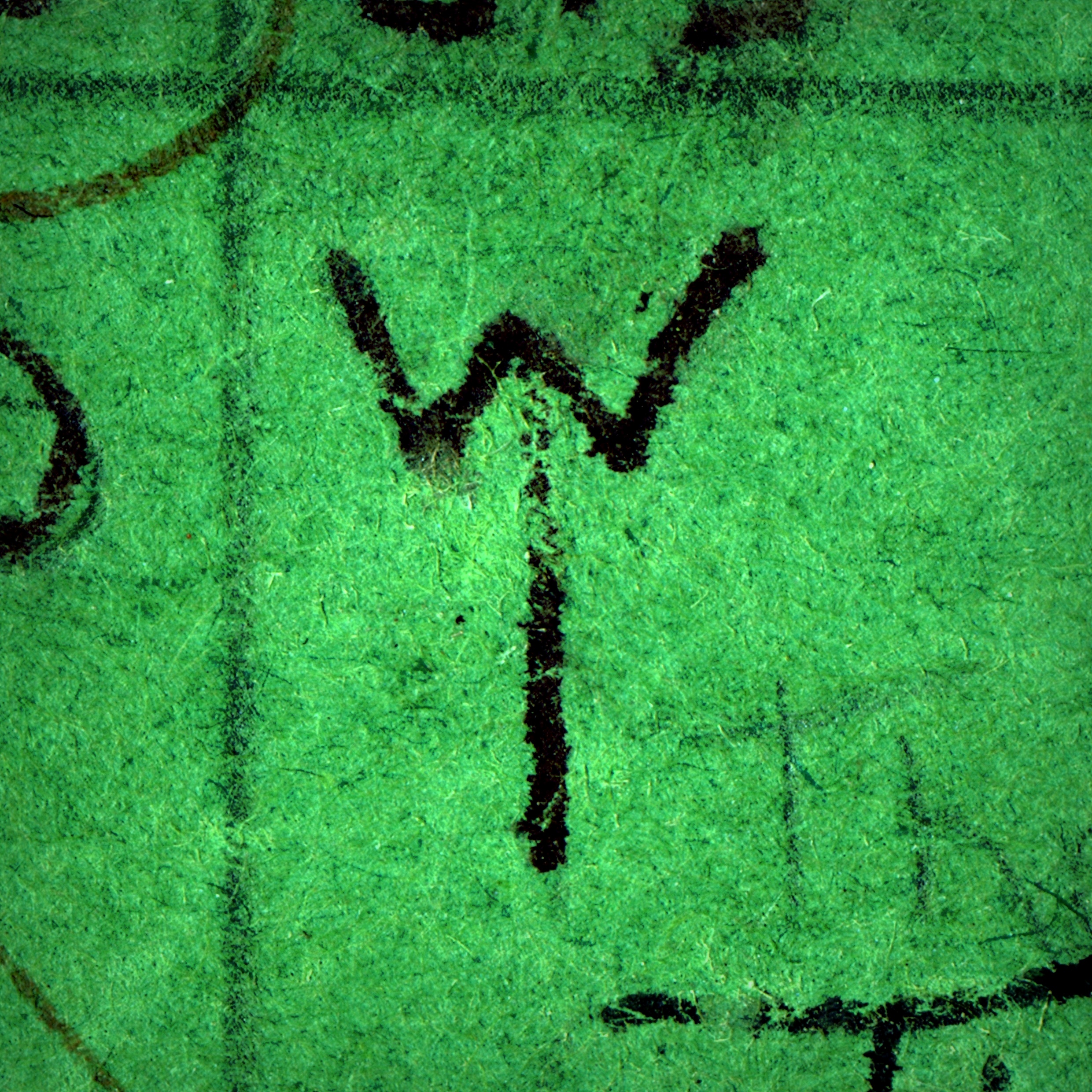 EA. Diphthong: a compound vowel. This one is deceased, we don’t use it any more. What did EA sound like? Maybe like EO, maybe like AU, emphasis on the E or the A because all Old English diphthongs fall down dead in the end: you pronounce both letters but not equally, let the second one drop away to its death, thirty two feet per second per second.
EA. Diphthong: a compound vowel. This one is deceased, we don’t use it any more. What did EA sound like? Maybe like EO, maybe like AU, emphasis on the E or the A because all Old English diphthongs fall down dead in the end: you pronounce both letters but not equally, let the second one drop away to its death, thirty two feet per second per second.
Maybe EA sounds like the E in second. Maybe EA sounds like ÆA, like a hybrid of what A is doing in gnaw and in mad. More like gnaw, but it’s still pissed off. Or it was, EA is dead and gone now, some sounds die. They get eaten up, don’t be mad about it. What chewed EA away? Everything is temporary.
Carve a W and make it look like a fresh mound of earth in a valley. Dirt piled over a grave. Put it on a stick … More


